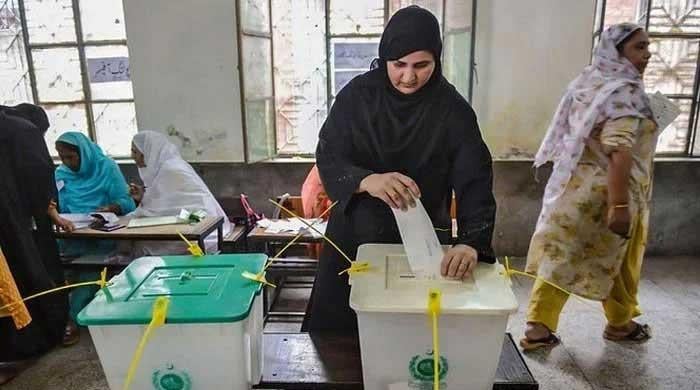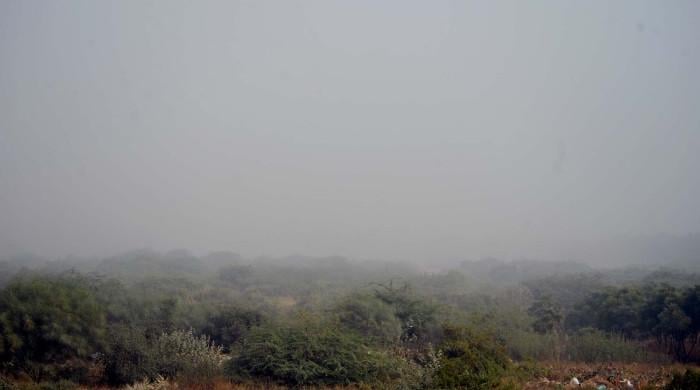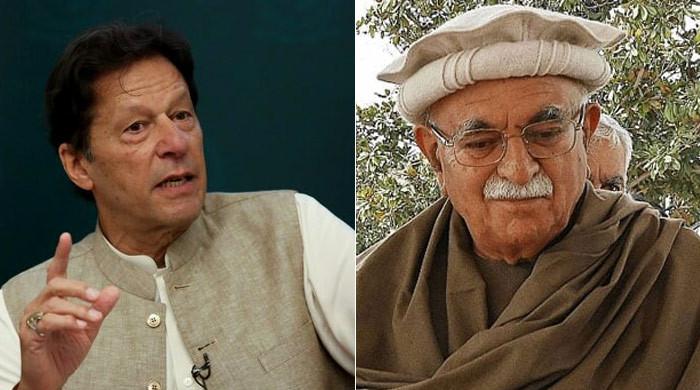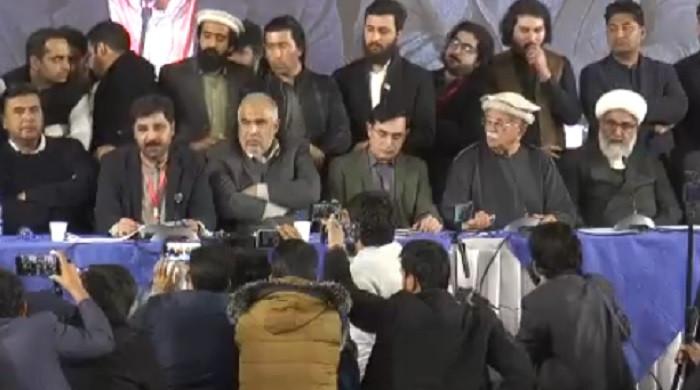Health experts believe choking agent, not soybean dust, behind Keamari tragedy
Association of ship agents reject reports that a ship’s cargo resulted in the release of a deadly toxin in the air
February 20, 2020
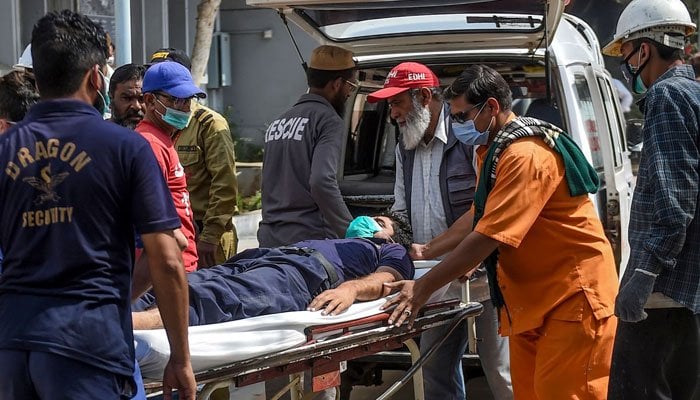
KARACHI: Most health experts, including pulmonologists, ear, nose and throat (ENT) specialists, and emergency medicine experts who attended and examined the Keamari gas tragedy patients, have rejected the claims that ‘soy allergy’ has resulted in the deaths of 14 people and affected over 300 more in the city over the past few days, reported The News.
An association of ship agents that offloaded the soybean cargo from a ship have also rejected the reports that the ship’s cargo resulted in the release of a deadly toxin in the air. The ship suspected of carrying the soybean consignment has still not been moved to Port Qasim due to low tide, The News claimed.
Also read: Soybean dust caused respiratory illness incidence in Karachi: Sindh health department
Experts discount 'soy dust' theory
Leading pulmonologists and ENT specialists discount the ‘soy dust allergy’ theory presented by the experts from University of Karachi, claiming that most of the patients who were brought to different hospitals were affected by some poisonous gas that damaged their respiratory system as many suffered from ‘convulsions’, some developed ‘pulmonary edema’ or fluid in the lungs while many had ‘metabolic acidosis’, which are symptoms of gas poisoning.
“Most of the patients at the Emergency Room of the Jinnah Postgraduate Medical Center (JPMC) complained of difficulty in breathing and burning of eyes. The condition of most of the patients indicated as if they had been exposed to some choking agent, some highly toxic gas that damaged their respiratory system and created problems in breathing”, said Dr. Yahya Tunio, the Deputy Director at JPMC, while talking to The News on Tuesday.
Also read: Soybean dust found in blood samples of Keamari poisoning victims: report
The hospital’s executive director, Dr. Seemin Jamali, also concurred with this hypothesis. Dr Jamali said a majority of patients were facing extreme difficulty in breathing and some of them were unconscious and were put on life support.
JPMC’s Deputy Director Dr. Yahya Tunio said allergic reactions can also lead to severe illness and ‘anaphylaxes’ or an acute allergic reaction can result in a sudden death, but added that most of the 82 patients received by the JPMC were in a condition as if they were exposed to some “choking agent”.
“Pulmonary Edema or fluid buildup in the lungs, bronchospasm or suffocation, are the typical symptoms of exposure to some choking agents. Many lethal, toxic gasses can cause these symptoms and overexposure to such agents can lead to sudden death”, Dr. Tunio said, adding that irritation of eyes is not found in patients with a severe allergy.
Also read: Keamari gas leak death toll jumps to 14, more than 300 people affected
According to chemical experts, chemical agents are usually of three types, including nerve agents that attack the nervous system, blistering agents, and choking agents that cause suffocation and damage the respiratory system of the affected people.
Similarly, medical experts at the Ziauddin Hospital Karachi, which received the bulk of patients related to the incident, also denied the allergic reaction as the likely cause of the deaths of 14 people and believed that some ‘industrial accident’ or mishandling of a toxic chemical resulted in the deadly incident and added that authorities were trying to cover up the incident.
Also read: KPT chairperson says gas did not leak from port or tankers
Top health experts, including the Secretary General of PMA Dr. Qaiser Sajjad, and Vice Chancellor of the Jinnah Sindh Medical University, Prof. Tariq Rafi, also expressed their doubts on the ‘grain allergy’ theory, saying an extensive investigation should be carried out to ascertain the real cause of the tragedy.
Ship association condemns rumors
On the other hand, Ship Agents Association & Stevedoring Conference said they strongly condemn the rumors targeting soybean cargo which was being discharged partly at Karachi Port Trust at berth no. 10/11 east wharf.
In a statement, the association said the cargo was discharged only during the night of Sunday 16th February, 2020 (discharging commenced at 19:00 hours) and day of Monday 17th February 2020 (discharging stopped at about 22:00 hours).
Also read: Amid fuel shortage reports in Karachi, PSO says 'sufficient' petrol stocks available
“When the cargo was being offloaded the wind direction was North East (NE) which means that it was towards Manora direction, not land. We wish to also point out that the first person who was hospitalized was even before the offloading from the ship commenced,” the statement said. The soybean is used to make edible oil and does not have chemicals in it.
The Plant Protection department that it visited the ship on 18th February 2020 with gas detectors to check for any harmful or toxic gases, but could not find any harmful gas.
“We strongly recommend that this ship should not be shifted and cargo should be discharged at Karachi Port only. We confirm that we, along with labor force of about 2 to 3,000, will stay at Karachi Port Trust berth during discharging operations. We must have the courage of our convictions," the statement added.
Originally published in The News





